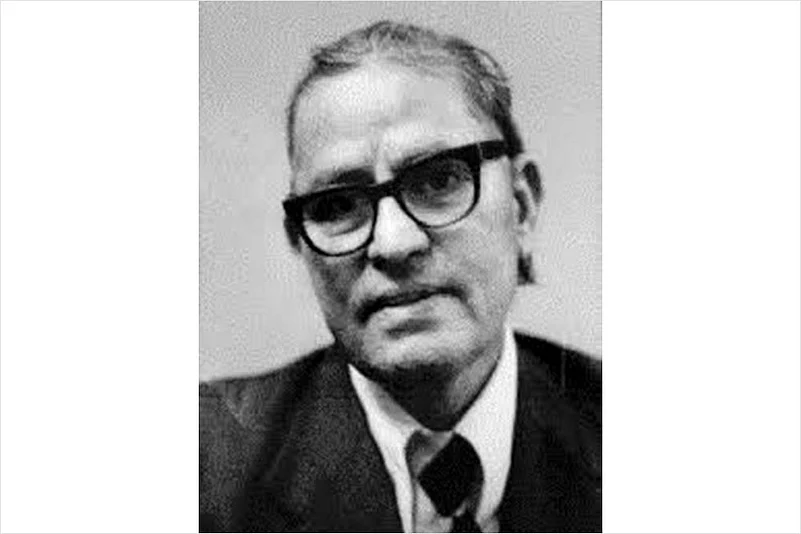It was the Iranian revolution of 1979 and the Soviet-Mujahedeen war in Afghanistan (December 1979-February 1989) that triggered a plethora of debates about new meanings and innovative understanding of Islam. Amidst this multi-dimensional discourse, historicity of Islamic orientation of the Pakistani state occupies a central position and involves the vexatious question of origin, evolution and future of Islamist politics there. Muhammad Qasim Zaman, a Princeton scholar of Islam, copes with the similar perplexity of the historic positioning of Islam both at the institutional and popular level in Islam in Pakistan: A History. The kind of empirical analysis he presents is fresh as it contains a historical account of Islam in undivided India under colonial rule and later reflects how Islam remained an indissoluble part of the state and a bone of contestation since 1947. Readers get an account of numerous Islamic sects, orientations, persuasions and the treatment of Islamic minorities (Ahmadis and Shias) by the state and the political community.
The book is divided into seven chapters and Zaman first identifies division within Sunni Islam in modern South Asia. The most prominent of these segmentations were known to be Deobandi and Barelawi. Both remained devoted to the service of Islam but the former focused on study of Hadith and law while the latter adhered to Sufi piety. Under colonial rule, there were modernist trends too, represented by Nadwat-al-Ulema and Aligarh college of Sir Sayyid Ahmad Khan, which broke decisively with the traditionalist Islam of Deobandi and Barelawi.
The traditionalist-modernist divide did not diminish after 1947 but travelled to Pakistan, where the role of the Ulema was more visible in the early, constitution-making era. The question of sovereignty of god—a hallmark of today’s political Islam—was raised in the Objective Resolution of 1949 itself but the author asserts that its ambiguity remains unresolved till now because sovereignty, under the resolution, belongs to both the state and the god. The ambiguity was subjected to severe criticism and one of the critics who countered the proponent of sovereignty of god was Fazlur Rahman, the renowned Islamic scholar. “Sovereignty as a political term is of recent coinage which seeks a coercive force in order to obtain obedience,” claims Rahman, whose argument has been repeatedly invoked here. But all these modernist commitments and contestations came to an end with the ascendency of Gen. Zia al-Haq, when Islam became a tool for domestic and foreign policies; what gave it further fillip was a decade of Afghan-Soviet war.
Zaman’s analysis of the role of the Ulema in Pakistan’s state formation is excellent. He repeatedly refers to the argument of Shabbir Ahmad Usmani, the first designated Shaykh al-Islam of Pakistan, who played as a catalyst in drafting the Objective Resolution and wanted a state anchored in Islamic law. His views too met opposition from the likes of Hanif Nadvi, who argued against literal interpretation of Islamic texts. Islam is not merely about mindlessly obeying god, Nadvi asserted, but involves discerning of human reason and calls for distinction between ritual and human interaction. Other similar voices called for differentiation among universal, eternal and provisional nature of Islamic text.
The substantial merit of Zaman’s account lies in his comprehensive account of Islamic minorities such as Ahmadis and Shias, the politics behind anti-Ahmadi riots, and the affairs leading to declaration of the Ahmadi community as non-Muslim. Similarly, a creeping sense of insecurity among Shias was fundamentally a result of state-sponsored anti-Shia policy that had its roots in the Pak-US-Saudi war in Afghanistan and Zia’s radical Sunni-centric policy.
A full chapter has been devoted to scrutinise the Sufi terrain, which discusses how both the modernists and traditionalist Ulema remain harsh in their indictment of Sufi practices. The denunciation of Sufism is well exemplified by the Ahl-e-Hadith school, wherein the former is slammed as heresy for having no basis in the Islamic text. Zaman concludes the book by highlighting the relationship between religion, state and violence, which is well-represented in the Afghan jehad, violence in Kashmir and the emergence of Pakistani Taliban.
This book is a must-read for all those who want a more relevant perspective of Islam in constitutional and political sphere of Pakistan. What makes the account more pioneering is its reflection on a series of ideological and theological debates in the early days of Pakistan and how the different regimes have only intensified the crisscrossing within the religious discourse in the country.





















